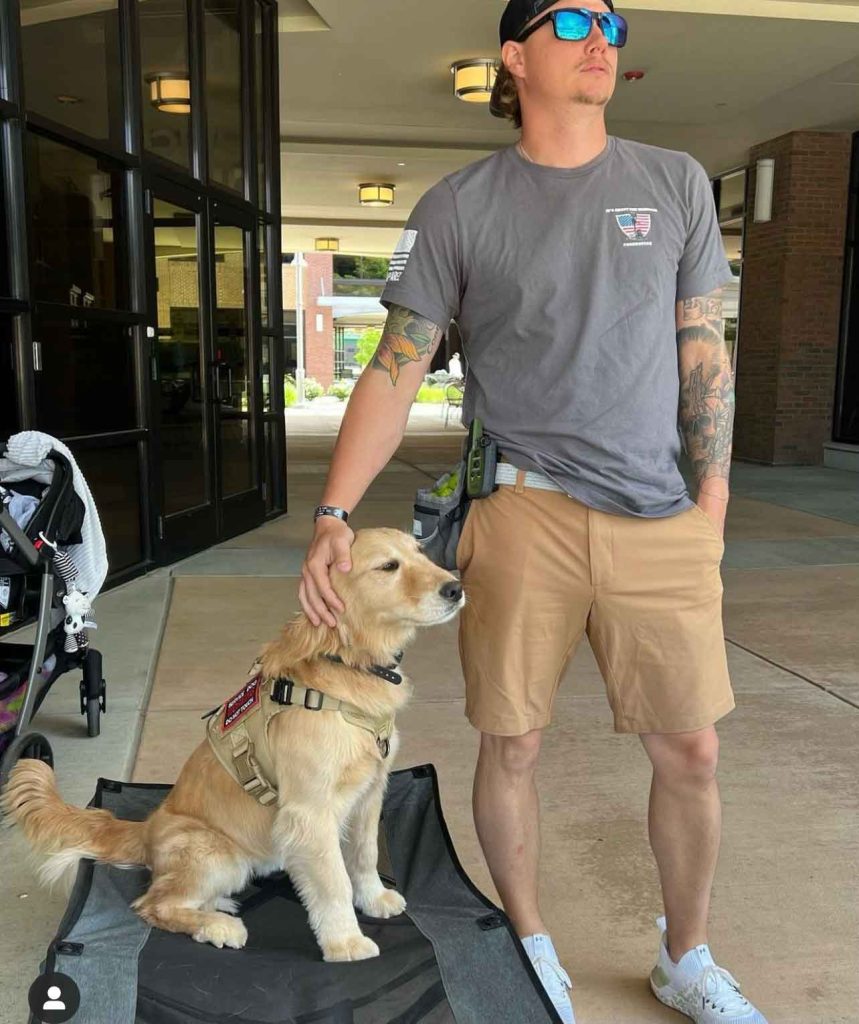How Service Dogs are Helping Veterans with PTSD
According to the National Center for PTSD, it’s estimated that around 7-8% of the US population will have PTSD at some point in their lives. Military veterans make up a large portion of this statistic, as 15% of veterans who served in Iraq or Afghanistan suffer from PTSD. Symptoms include flashbacks, nightmares, social isolation, and more. While many people who suffer from PTSD turn to medication and therapy to help deal with their symptoms, an emerging trend is the use of service dogs.
Service dogs can be trained to do various tasks that help their owners cope with their symptoms. For example, a dog might be trained to wake their owner from a nightmare or to provide deep pressure therapy during an anxiety attack. These dogs are not only invaluable companions but also provide an extra layer of security and support.
The Process of Getting a Service Dog
The process of getting a service dog can be long and difficult, but ultimately it’s worth it for those who suffer from PTSD. The first step is to find a reputable organization that trains service dogs like Rescue 22 Foundation. Next, the potential owner will undergo an evaluation to see if they are a good candidate for a service dog. Once they are matched with a dog, training begins.
This training can take anywhere from six months to a year. We have some of the best trainers in the industry, and they also happen to be combat veterans with PTSD among other disabilities. Our trainers are from Ridgeside K9 Carolinas Dog Training, Coastline K9 and Devines K9. They have many years of dog training and also understand how our veterans feel from experience!
Finally, once the dog is fully trained, they will be able to go home with their new owner and start helping them live a better life.

The Benefits of Service Dogs
Service dogs can provide many benefits for veterans suffering from PTSD. Studies have shown that service dogs can reduce anxiety, depression, and nightmares. They can also help veterans re-establish social connections and improve their overall quality of life. In one study, 100% of participants said that their service dog helped them feel calm in public places and 93% said their dog helped them feel more secure at home alone.
Service dogs are making a big difference in the lives of veterans suffering from PTSD. These specially trained animals provide companionship, security, and support that can help reduce symptoms and improve quality of life. If you are a veteran suffering from PTSD, consider looking into getting a service dog—it just might change your life for the better.

















